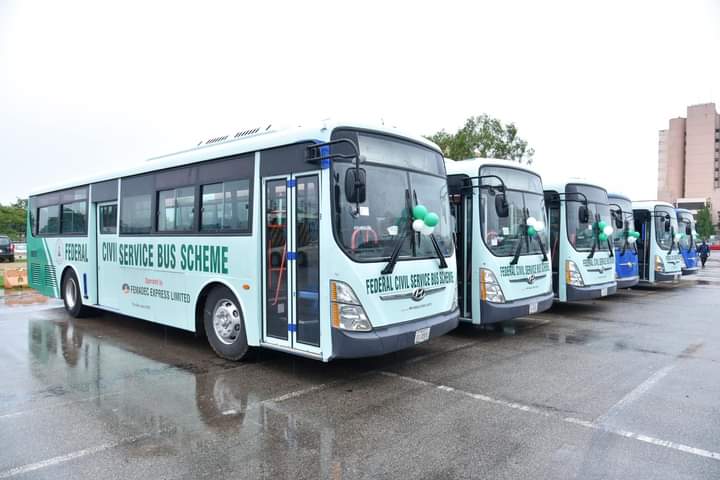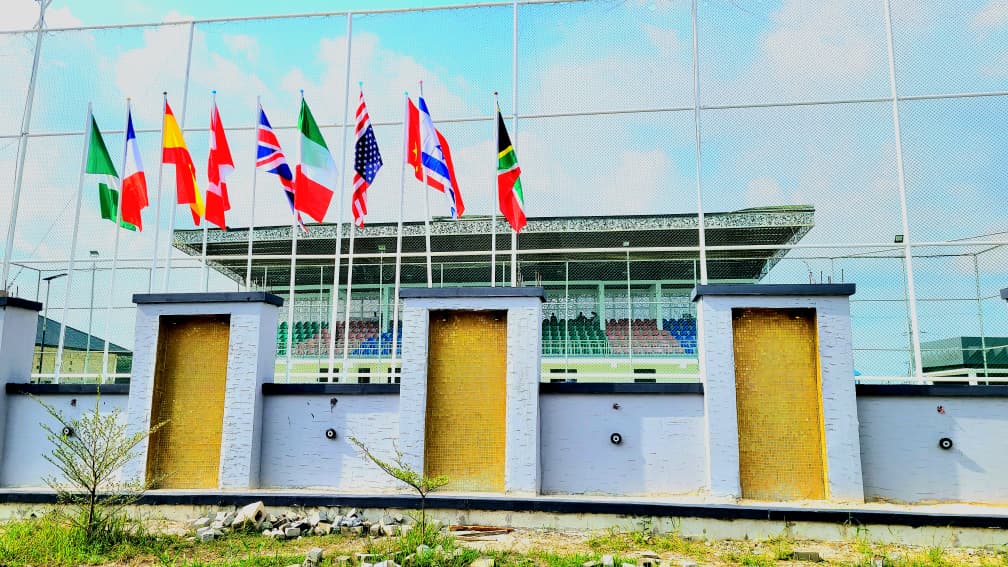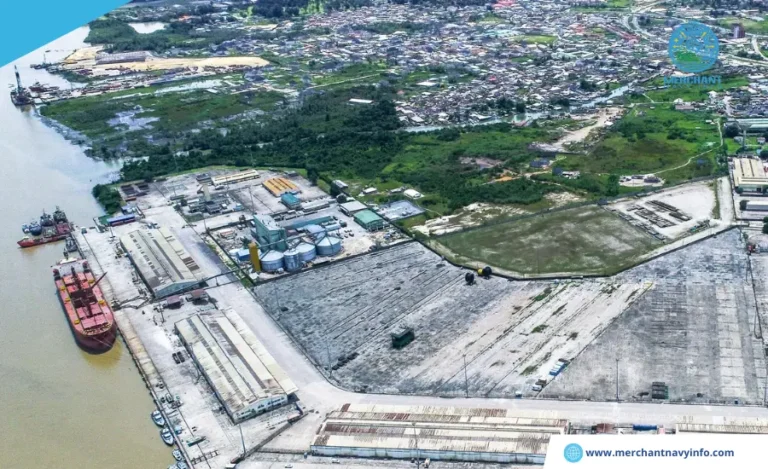CNG: The Bangladesh Example as a Lesson for Nigeria

Did you know that while the Nigerian government is campaigning for the use of compressed natural gas (CNG) inorder to reduce dependence on petrol, Bangladesh which adopted CNG in 2001 is facing a gas crisis situation that has forced the price of the once cheap product to rise amidst shortage?
In an article titled 'It's time to say goodbye to CNG vehicles' by Sharier Khan, a journalist from Bangladesh, published on Tuesday, 11 June, 2024, there is need for the Nigerian government to learn from the South Asian country as it moves to adopt the use of CNG in the country's transport sector. The article published on The Business Standard (TBS) is presented below. Excerpts:
Back in 2001-02, Bangladesh was "floating on gas". At least that's what a section of experts and oil companies were saying. A few years before that, the US company Unocal had discovered the massive Bibiyana gas field and they were saying Bangladesh did not have enough consumers to justify the development of such a big field. Unocal was asking the government to allow it to export the gas to India.
At that time the Asian Development Bank (ADB) was funding a government project named "Clean Fuel Project" to introduce the use of compressed natural gas (CNG) in the transport sector. We have surplus gas while we import huge amounts of liquid fuel to run our transport sector. If we use CNG instead of diesel and petrol – we not only save a lot of import cost, but also save the environment as CNG was way cleaner than liquid fuel.
The CNG project was a massive hit upon its introduction in 2002-03 simply because it was way cheaper as an alternative fuel, and also because it opened up new business opportunities for CNG conversion and pumping stations. Hundreds of stations were set up while lakhs of motor vehicles and three wheelers were converted to run on CNG within a few years.
By the end of that decade, CNG was saving $800 million worth of petroleum imports, according to Petrobangla.
All the while, the rapid expansion of the CNG delivery network had significantly contributed to the instability of reliable gas supply pressure by 2010.
By that time, the Bibiyana gas field was producing large amounts of gas for the local market. Bangladesh was never floating on gas and it was reeling from gas supply shortage.
The CNG sector was consuming one-tenth of the 2,000 million cubic feet of gas per day (mmcfd). But there was already a demand shortfall by 400 mmcfd. This prompted the government to stop new gas connections for all consumers. Some industrial connections were approved under special considerations.
The restrictions are still there because our demands could never be fully met with the depleting supplies.
The demands also kept growing significantly due to the country's rapid pace of development. This forced the government to begin import of Liquefied Natural Gas (LNG) at a high cost from 2018-19. This imported LNG is mixed with the local gas and supplied to the national grid so that the gas-dependent industries and other consumers can keep running.
In the last one decade, there has not been any significant new oil and gas discovery. As a result, the local share of gas supply has been steadily falling for the last four years. Today, the government is able to supply a maximum of around 3,000 mmcfd gas – of this, 600 to 800 mmcfd comes from imported LNG.
But what about the demand side? The demand for gas in 2010-11 was 2,400 mmcfd. This should have crossed 5,000 mmcfd today because our annual demand growth had steadily been around 10%.
As a result, we have a huge gas deficiency which is affecting our power generation where we have enough capacity to meet our future demands for close to a decade.
Industries that make the most valuable use of natural gas by producing products ranging from power, fertiliser and commodities for exports and local markets, have remained severely compromised by the gas crisis. They are now trying to find alternatives to gas.
Bangladesh's export earnings of $55 billion in the last fiscal year were possible because of the gas supply backbone. The bulk part of the whole internal economy is also dependent on gas supplies. Yet, these are unable to operate optimally due to the gas crisis.
Despite the crisis, the use of CNG is still growing. The government hiked the rate of CNG several times. Whereas it used to cost around Tk16 per unit decades back in 2010, CNG today costs Tk43 per unit. It takes hours of waiting for vehicles to refill their CNG tanks. In addition, the users always complain that the units are not pure gas and are often mixed with air because the CNG stations cannot pump in the gas at a desired gas pressure. Long queues of CNG vehicles from filling stations snake through the city roads contributing to the nagging traffic congestion.
Why the farce then? The CNG is no longer cost effective and it has huge waiting time and, all in all, we have not enough gas for even the industries that fetch the nation money and provide the most jobs.
Today we have 525 CNG stations across the country, refuelling 1 million vehicles daily. Due to the gas crisis, their consumption has dropped to 125 mmcfd from 200 mmcfd in 2010.
The biggest irony is that the CNG culture did not even ensure any environmentally friendly "Clean Fuel" regime. Dhaka's air is among the world's worst. Although CNG is cleaner than diesel or petrol, it still emits harmful gases.
In the last two decades, Bangladesh has transformed drastically. Today, we are looking at emission-free electric vehicles, solar and wind power to cut our dependency on imported energy. At the same time, new homes now come equipped with Liquefied Petroleum Gas (LPG) kitchen solutions instead of the piped gas connections of decades ago. But we are still oblivious to the existence of CNG vehicles.
It's high time the government considers a policy to phase out CNG vehicles. The nation needs to adapt to the hard realities of not having enough gas. Unless the government changes its policy, the folly with CNG will continue only to aggravate high-value gas users' woes.
Source:
https://www.tbsnews.net/bangladesh/its-time-say-goodbye-cng-vehicles-874131 | ImageCredit: TheCable Nigeria
#penglobalbusiness #CNG



